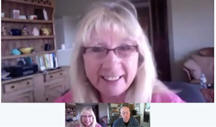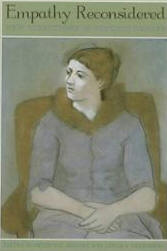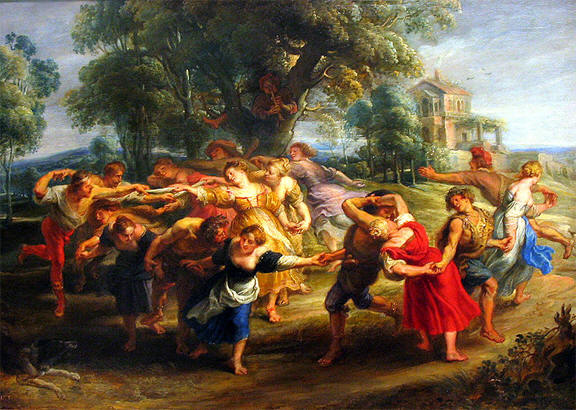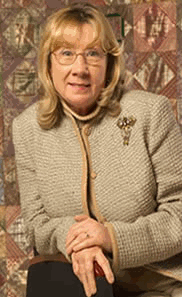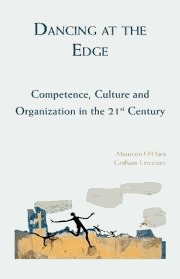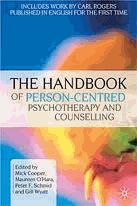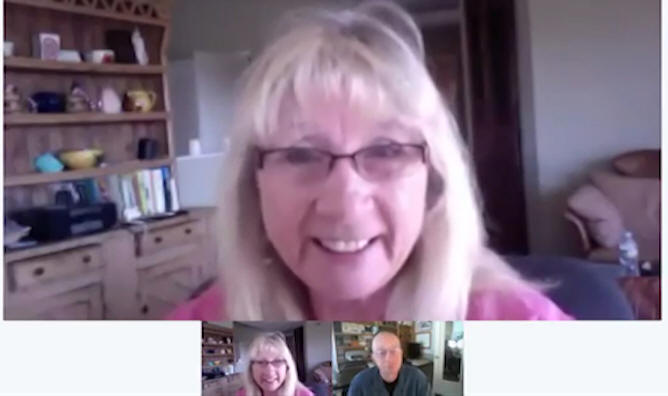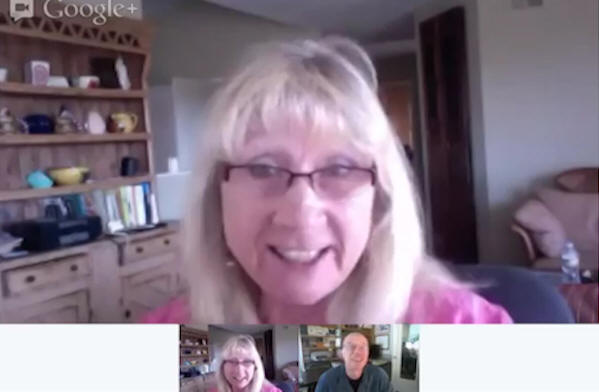|
|
|
Culture of Empathy Builder: Maureen O'Hara
Maureen O'Hara is
Professor in the Psychology Department at National University,
La Jolla, CA and President Emerita of Saybrook Graduate School,
San Francisco. Working
with American psychologist Carl R. Rogers, she helped develop
the Person-Centered Approach to psychotherapy and large group
process.
More recently her writings have examined the
relationship between the "big picture" changes underway and
internal psychological adaptation. Combining her background as
psychotherapist, organizational consultant and futurist, Maureen
is a frequent keynote speaker nationally and internationally on
the evolution of new ways of being in a changing world.
She was a contributor to the book, '
Empathy
Reconsidered: New Directions in Psychotherapy'
.
Danza de aldeanos -
Peter Paul Rubens (Wikimedia)
She writes, "In Rogers' original work a key
component of the core facilitative conditions for individual
growth is empathy. Empathy has since been shown to be the gold
standard for effective facilitation in any growth-focused
relationship. Empathy is commonly regarded as an
individual-to-individual phenomenon in which one person senses
the unspoken or inchoate thoughts or feelings of another. Our
observations show that group or relational empathy may be even
more important than individual empathy in the formation of
conscious communities."
Maureen O'Hara & Edwin Rutsch: How to Build a Culture of Empathy
Transcripts (Video Transcriptions: If you would like to take empathic action and create a transcription of this video, check the volunteers page. The transcriptions will make it easier for other viewers to quickly see the content of this video.)
Relational Empathy: Beyond Modernist Egocentricism to Postmodern Holistic Contextualism (pdf)"Abstract Considering empathy as both construct and human activity, the chapter contributes to the fast-growing discussion of the limits of the indigenous psychology of the Western world in addressing the relational needs of its members. In particular it examines the limits of Modernist individualism as a paradigm for understanding human experience, and on ways Western psychological descriptions and understandings of empathy in particular — whether Rogerian, psychoanalytic, existential or more generic — have obscured some of the important ways empathy functions in human relationships. Because of its position as a modernist, objectivist discourse, Western psychology has been slow to recognize how its own modes of enquiry and expression have limited our understanding of relational realities.
The chapter extends understanding of empathy beyond its present role as the "royal road to understanding" of individuals by approaching it from within somewhat different frames of reference from those traditionally characteristic of psychological discussion. Empathy is then discussed in a more multi-levelled or holistic way as a way of being in, belonging to and knowing the relational contexts in which human beings find ourselves situated. Although the main arguments expand understanding of empathy as a therapeutic process the chapter concludes with a discussion of the social conditions of late twentieth century psychology.
As our world undergoes what some
consider to be the birth pangs of its first truly "global
civilization", in which national, ethnic, religious,
gender, class, boundaries are being shifted and erased on unprecedented
scales, all of us, whether in formerly tribal or
collectivist societies or in Western individualist ones, will need
new postmodernist psychologies with which to navigate this
new world."
Transforming communities:
Person-centered encounters and the
creation of integral conscious
groups (pdf)
"O'Hara describes relational empathy as that process wherein one
attunes
to the whole entity--the group. Relational empathy makes it possible
to sense
the interpersonal dynamics, knowledge, unconscious processes,
dreams,
images, narratives, concerns, feelings, sensitivities, priorities,
fears--in other
words the tacit and explicit consciousness--of collectives."
Video:
Psychologist Maureen O'Hara's talk at National University
|
|||||||||||||||||||
|
||||






